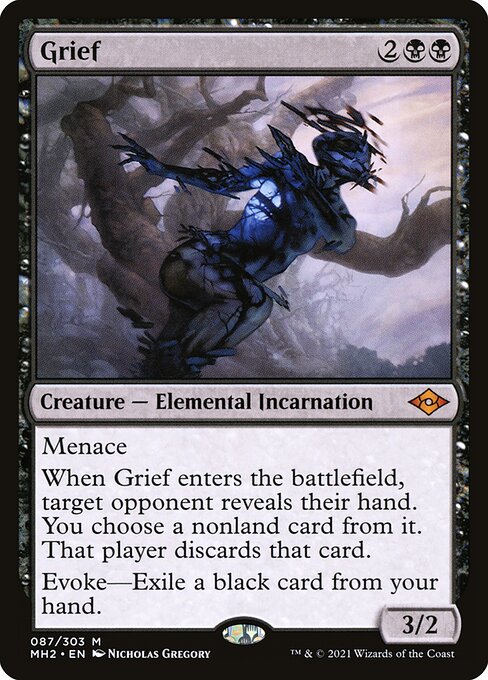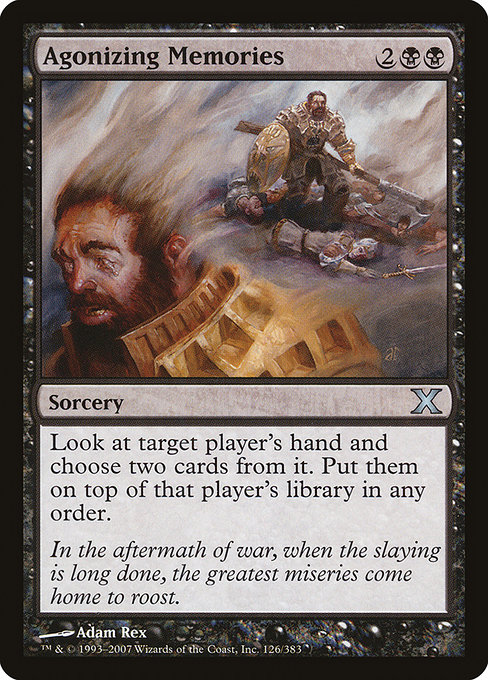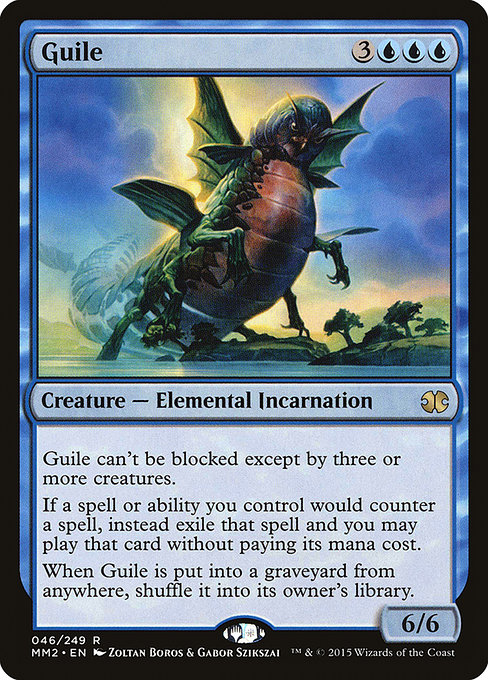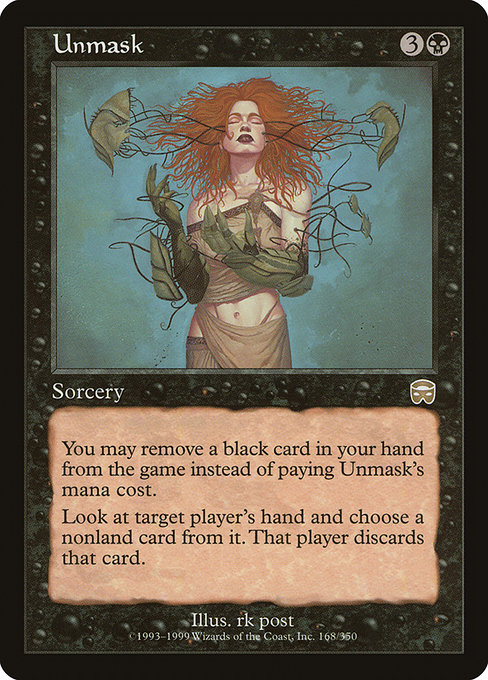Note: this article is pretty heavy, involving sudden death and the loss of a parent.
Earlier this month, my father-in-law died suddenly.
It wasn’t the first loss we’ve had this year, or even the most sudden, but it was shocking. We got the call at one in the morning, and the standard whirlwind of necrologistics took hold. An unexpected death means a scramble to line up a method of preservation/disposal, to trailblaze through the bureaucracy of death certificates and utility transfers, and to rent tablecloths for the memorial. It’s wills and estates and event planning, all while dealing with shock and sleep deprivation and emotional devastation. It’s also profoundly expensive.
This was originally meant to begin with an epigram, but no one has ever written anything incisive or instructive about grief that’s also brief. Grief is too large, too personal—any attempt to poetically universalize it comes off as mawkish and insulting. If you’ve experienced a loss, you know the recommendations that come in and how impoverished they feel in the moment.
I’m guilty of this, too. I think Rosalie Lightning is worthwhile reading for the bereaved (although not necessarily anyone too close to the death of a child) and will recommend it after the initial rush of grief—but I recognize it’s not helpful. Every bereaved family has a Goodwill box full of copies of C. S. Lewis and The Shack and Sheryl Sandberg they’ve received from well-meaning friends and family. Reading about grief can, of course, be helpful—but it’s a system of exercises, not a single-paragraph bromide.
Your relationship to your dead comes down to you and you alone. Years later, you will be surprised at what fiction and media you find to be secretly about grief and about how you express it yourself. You may never write a treatise called On Grief, but you may find that what you learned while grieving tinges your later work, whether it’s a song or a screenplay about space explorers or an article about Magic: the Gathering.

As a universal human experience, grief has a place in Magic, particularly now that we have an avatar of grief thanks to Modern Horizons 2. The design of Grief is very straightforward, as part of a cycle of splashy mythics, but it’s still extremely resonant for a card with no space for flavor text and no role in the Magic story.
We’ll walk through the design of Grief together, because one of the only ways to alleviate grief is to experience it together. Welcome to the wake.
2BB
Mana costs are primarily for balancing cards, so I wouldn’t read too much into Grief’s cost, but still: it’s interesting that 2BB is the cost of Agonizing Memories.

Creature—Elemental Incarnation
Magic’s incarnations, since Judgment, have been abstract concepts made very real flesh: Anger, Dread, Subtlety, etc. The Judgment non-Elemental Incarnation cycle (Anger) are underwhelming on the battlefield but offer global enchatment-style effects from the graveyard (turned on by their corresponding basic land).

Lorwyn’s Elemental Incarnations, meanwhile, are big on board with stats and global replacement-style effects, but they shuffle back into your library upon hitting the graveyard. Modern Horizons 2’s Elemental Incarnations land somewhere in the middle: solid bodies and powerful effects that can be cast normally, or cast in a way that, well, evokes the Alliances pitch cycle and further development of the pitch card concept.
There’s something fleeting about Magic’s conception of incarnations. The Judgment Incarnations do their best work from the graveyard, while the Lorwyn ones demand removal then shuffle back for more. There’s a transience to them that mirrors that of life and is continued, albeit with a variation, in the Modern Horizons evoke Elemental Incarnations. This latest cycle practically demand to be evoked rather than cast for value. When called upon early, they appear in a flash—not a coincidence that three of the five have Flash—and then meet an early grave.
Menace 3/2
3/2 has been the stat line of many commonly-played creatures: Arclight Phoenix, Insectile Aberration, Hasran Ogress, Solitude, Hullbreacher, etc. But to me, “tournament playable 3/2” will always be Creeping Tar Pit. A seven-turn clock on its own, the Tar Pit is a great control finisher: inevitable, hard to interact with, multifunctional over the course of the game. Grief follows in that tradition by being hard to block and a useful tool across several axes.
Flavorwise, it also works: grief creeps; grief is invasive. It colonizes every memory, every interaction. You’ll be amazed at how it clings to you, at how you’ll be living a perfectly quotidian day and be shocked into tears by a certain color in the sunset or an old song on the bar stereo. Grief is inevitable and uninteractable: you will lose someone, and you will discover that the only thing that alleviates this incredible suffering is time. You will come to understand the full unfairness of a one-sided relationship, where time passes for you and does not exist for the other party.
Evoke—exile a black card from your hand
To trigger Grief, you must give something up.
Grief most closely mirrors Dark Inquiry, itself a member of a long line of Coercion effects; but in practice, it’s Unmask.

For twenty years, Unmask has been a staple of Legacy, serving as immediate, free interaction. Flavorwise, Unmask represents the moment when Volrath dropped his illusions and revealed to Starke that he had been impersonating his daughter; it represents the moment when Starke realizes his beloved daughter is dead and her memory has been corrupted by an evil warlord. It’s worth noting that Volrath’s majordomo, Greven, has a name that in Middle English means “grieve.” There may have been an English major on the Tempest creative design team.
Unmask has won many games for the player casting it; but it’s also easy to overcommit, to trade too many of your own resources for one of your opponent’s. You have to carefully balance how much you’re willing to give up or risk depriving yourself into irrelevance. The first Unmask, like the first Thoughtseize, is easy. Drawing subsequent Unmasks, though, is another matter.
When Grief enters the battlefield, target opponent reveals their hand. You choose a nonland card from their hand. That player discards that card.
Grief is a prophylactic against joy. It’s an empty chair at the wedding; a box in the attic full of hand-me-downs that will move from home to home with you, never opened; an instrument you don’t know how to play and that makes you break down every time you try to learn.
Every joyous milestone will be lightly colored with the fact that you can’t share it with a person who has now vanished entirely. Every year that passes underlines the gap between the person you were when they were still a part of your life and the person you are now. My sister’s been dead for thirteen years; I still sometimes idly think “oh, I should call her to fill her in.” Death, for such a simple concept—“the person that was here is not here now and never will be again”—complicates everything. The grief you feel at the death of someone you knew will be prismatic, shifting, a branching infinity.
Magic’s own Grief gets this: it is incapacitating. It steals a future from you. You can still live your life—i.e., you can still draw another copy of that stolen card, or even win the game without it—but you will experience a sudden shocking loss. You will be diminished.
Grief is unexpected. It comes suddenly, in many cases long before you’re ready. We plan for grief—we allot ideal lifespans to our children, think “they’ll be here long after I’m gone” and soften our interactions with our aging parents as they grow crepuscular. Saying the eternal goodbye is meant to be a long process, beginning the day we realize someone we love will one day die, and ending the day we ourselves die. When that process is truncated by a sudden death, we’re cheated out of this pseudo-natural process. We like to imagine grief as a natural part of life, and so we’re even more caught off-guard when it breaks unnaturally.
It feels facile to compare the burden of grief—this tear-nursing, energy-sapping great weight—to a game component. But that, after all, is the point: once we’re dead, the effect of our life will be the icons we collected and the impressions we made on others. Someday, after I’m gone, someone will comb through my belongings, perhaps find the same playset of Griefs in a long-forgotten Modern deck (or a fresh Modern deck—who knows the hour?).
Maybe they’ll be a Magic player, or at least familiar with the jargon, and they’ll understand why Grief does what it does. If Grief can be Shocked or Disfigured away, or taken down by two Squirrel tokens, then can’t it be managed in the real world?
A lifelong resident of the Carolinas and a graduate of the University of North Carolina, Rob has played Magic since he picked a Darkling Stalker up off the soccer field at summer camp. He works for nonprofits as an educational strategies developer and, in his off-hours, enjoys writing fiction, playing games, and exploring new beers.

